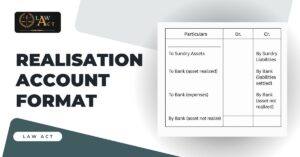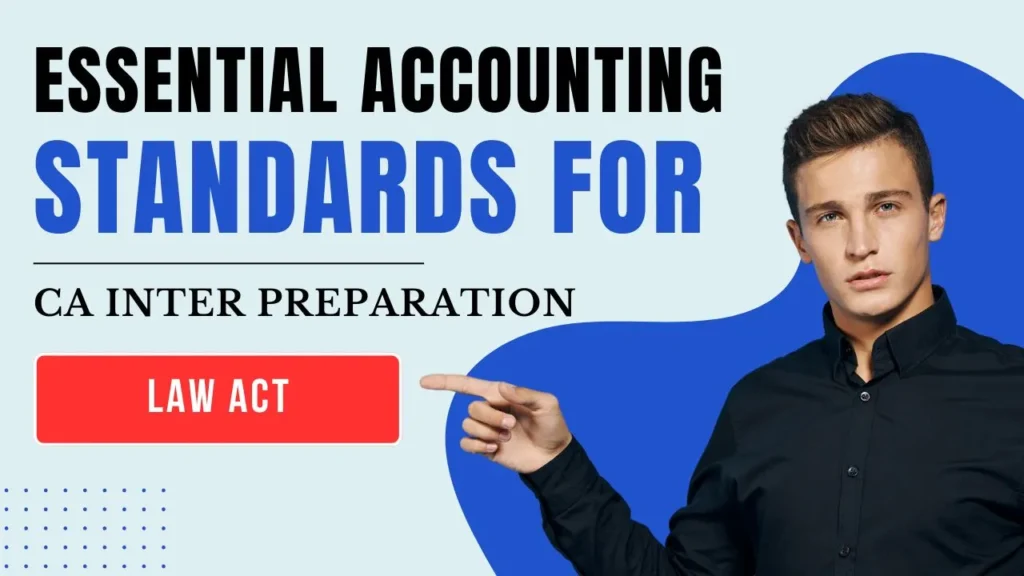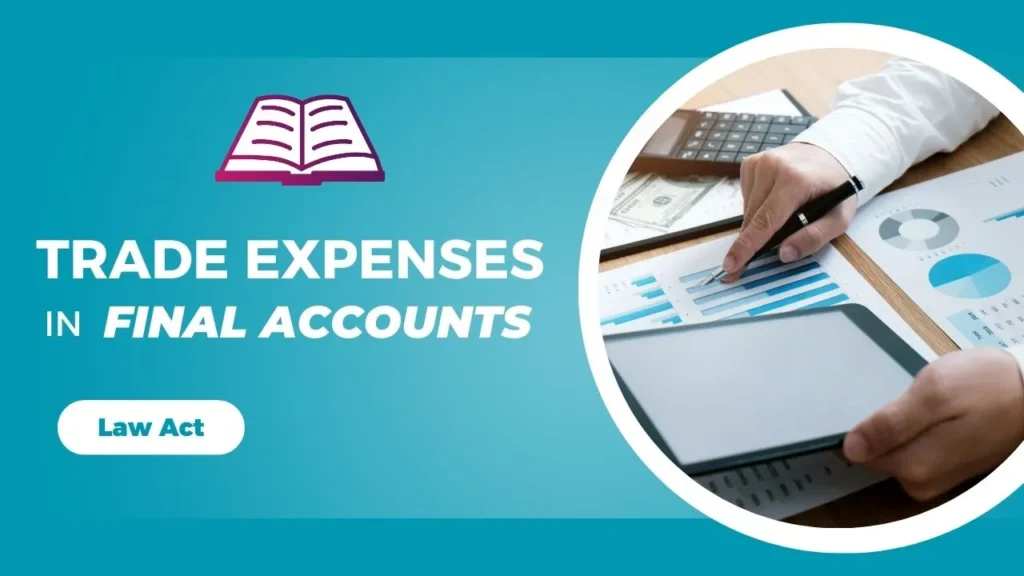Are you facing any final accounts problems? Then this blog is for you, here we will explain how you can solve those problems. By going through this article you can solve issues like incorrect trial balance, missing documentation, and many more, So let us get started.
What are Final Accounts?
At the end of the accounting period you have to prepare some accounts known as final accounts including trading accounts, profit and loss accounts, balance sheets, and cash flow statements. These accounts show all the financial activities of your business. In addition, it also reflects the information of the shareholders, management, creditors, and regulatory authorities. Before moving on to the final accounts problems, firstly let’s dive a little deep and learn the what are the main purpose of the final accounts.
Main Purpose of Final Accounts in Business
The purpose of final accounts is to show the actual position of the organization to the management, stakeholders, and owners. So it consists of all the important information of revenue and expenses. To learn more we have also added some of the essential roles of the final accounts in business.
- It helps in assessing the financial performance of the business.
- At the end of the financial period, you will have a clear picture of the company’s financial position.
- Final accounts provide financial data that helps the management and stakeholders to make informed decisions.
- Guarantee commitment to accounting standards and legal obligations.
- Help stakeholders with accountability and clarity by giving them accurate financial information.
These are some main purposes of maintaining final accounts in the business. Now let’s move on to the next section where we will discuss the common final accounts problems and how you can solve them.
Also Check:
- Establishment Expenses in Final Accounts
- Trade Expenses in Final Accounts
- Applicability of Accounting Standards

10 Most Common Final Accounts Problems with Solution
In this section, we will list 10 common problems the accountant faces while dealing with the final accounts of the business. So let’s get started to know about some common final accounts problems.
1. Missing or Incomplete Documentation
Sometimes we lose one or two receipts and it creates lots of problems. Therefore, we should always keep the receipts in a separate folder so they don’t get lost.
2. Adding Wrong Numbers
In accounting, there are chances of missing calculations. As a result, you should always double-check your math and use a calculator to make sure you are not making any mistakes.
3. Mixing Up Categories
Well, in accounting there is a category for every single expense. However, sometimes we mix up categories with others. So to prevent this type of issue you should always make sure to put the money spent in the right category.
4. Forgetting to Write Down Expenses
You should always write down every expense right away so that you don’t forget about it at the time of accounting.
5. Not Knowing How Much Stuff Is Worth
You should always confirm the right price for every item that you own so that you can record them correctly.
6. Counting Money Twice
This is one of the common mistakes that people make while doing their accounting. Counting one amount twice
7. Depreciation and Amortization Errors
Depreciate assets using the proper procedures and useful lifetimes. Regularly review and revise depreciation schedules.
8. Compliance with Accounting Standards
Follow any updates to laws and standards of accounting. When needed, confer with auditors or other specialists and give accounting staff frequent training.
9. Inventory Valuation Issues
Count physical inventory regularly and compare the results to the accounting records. Make consistent use of weighted average, LIFO, FIFO, and other inventory valuation techniques.
10. Errors in Consolidation
During the consolidation process, make sure that intercompany transactions and adjustments are correctly eliminated. Review the merge process regularly.
Conclusion
To sum up, the provision of disclosure in final accounts is essential since it guarantees integrity and openness in financial reporting. Businesses gain stakeholders’ trust by giving them accurate and comprehensive information, which enables them to make wise decisions. Proper disclosure, like telling the whole story, keeps everyone in the loop and encourages honest and trustworthy financial practices.
Addressing final accounts problems, such as missing receipts, adding wrong numbers, and mixing up categories, ensures that the disclosed information is reliable and complete, further enhancing transparency and trustworthiness in financial practices.
Also Read:
- Trade Expenses in Trial BalanceUnderstanding financial terms is important for every business owner, student, or anyone interested in accounting. One such term is “Trade Expenses”, especially when it appears in the trial balance. This blog will explain what trade expenses are and what their… Read more: Trade Expenses in Trial Balance
- Legal Charges in Final AccountsWhen preparing final accounts for a business, one important topic that often confuses people is legal charges. These charges are not just legal fees or penalties. They have a specific meaning in accounting and finance. In this blog, we will… Read more: Legal Charges in Final Accounts
- Realisation Account FormatManagement of finances is always a must in any business, regardless of how large or small the business might be. Among the key tools in accounting is the Realisation Account. It is especially used in the process of winding up… Read more: Realisation Account Format
- Motive Power in Final AccountsMotive power in final accounts refers to the expenses related to the energy or power needed to run the machinery and equipment. Besides, the manufacturing or production-related industries are usually where these costs are found. Motive power expenses can include… Read more: Motive Power in Final Accounts
- Common Final Accounts Problems and How to Solve ThemAre you facing any final accounts problems? Then this blog is for you, here we will explain how you can solve those problems. By going through this article you can solve issues like incorrect trial balance, missing documentation, and many… Read more: Common Final Accounts Problems and How to Solve Them
Frequently asked questions
What are common final account errors?
Common final accounts problems include missing receipts, wrong calculations, misclassified expenses, unrecorded transactions, double-counting, incorrect asset values, not tracking loans, forgetting returns, mixing up dates, and ignoring small expenses. These mistakes can be fixed by careful record-keeping, double-checking numbers, and organizing documents. Proper disclosure ensures transparency and builds trust with stakeholders, helping them make informed decisions.
How does a mismatched trial balance affect final accounts?
A mismatched trial balance indicates errors in your records, leading to final accounts problems. This hampers the creation of accurate income statements and balance sheets. Without fixing these errors, you can’t ensure the correctness of your financial reports.
Why do final accounts sometimes not balance?
Final accounts sometimes don’t balance because of mistakes like adding numbers wrong, missing entries, or putting things in the wrong category. It’s like a puzzle where some pieces are lost or put in the wrong place, so the picture doesn’t come out right.
What causes discrepancies in profit calculation?
Discrepancies in profit calculation happen due to errors like missing receipts, incorrect math, wrong expense categories, forgetting to record transactions, or counting money twice. Double-checking records, using calculators, and keeping organized, detailed records can help avoid these mistakes.
How do you handle incorrect journal entries?
To handle incorrect journal entries, first, find the mistake. Then, make a new entry called a “correcting entry” to fix it. For example, if you accidentally recorded $100 instead of $10, create an entry to subtract $90, making the total correct. Always double-check your work to prevent errors.
Why are adjustments necessary in final accounts?
Adjustments in final accounts are necessary to ensure all financial information is accurate and up-to-date. They help record expenses and income in the correct period, making sure everything is accounted for properly. This way, the financial statements give a true picture of the business’s performance and position.
How to rectify errors in balance sheet figures?
To fix final accounts problems in the balance sheet, double-check your numbers, ensure assets equal liabilities plus equity, and verify each entry is in the correct category. If discrepancies remain, review records for missed or duplicated transactions, then correct them. Using accounting software can help avoid future mistakes.
What to do if expenses are misclassified?
If expenses are misclassified, fix them by moving the amounts to the correct categories. For example, if you put a toy expense in the snacks category, change it to the toys category. This way, you can see exactly how much you spent on each type of item.
How to resolve inconsistencies in the cash flow statement?
To fix inconsistencies in a cash flow statement, double-check your math, ensure all transactions are recorded correctly, and compare the statement with bank statements. Make sure you’ve included every cash inflow and outflow, and correct any mistakes by carefully reviewing each entry.
Why is disclosure important in final accounts?
Disclosure in final accounts is like sharing the full story. It’s important because it helps everyone understand what’s going on with a business’s money, ensuring that all important details are clear and truthful. This way, people can make better decisions and avoid final accounts problems based on complete information.









I like your website very good and informative posts
I’m really enjoying the theme/design of your site.
Nice Informative Article
Nice Informative Article
I am really impressed with your writing talents as smartly as with the format in your weblog.
Is that this a paid topic or did you customize it your self?
Anyway stay up the nice quality writing, it’s uncommon to
look a nice blog like this one nowadays..